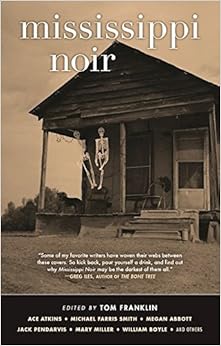Heightened language. What does that mean?
To me it means the words in the story do something more than get the story from the beginning to the end. They tell you something about the characters or the nature of the universe in which they find themselves.
Here is Barnes' omniscient third-person narrator describing the main character's dog:
Gid got his name in the army. the shredded ear is courtesy of the service as well. the shelter dude said the dog left the service early because he lost his sense of mission, basically went AWOL and played catch with Afghan kids. As soon as she heard that Drew felt a sense of kinship with the dog, a bond. She got blown up and put back together in Iraq. Lost her sense of mission, too, in the desert near Fallujah. The shrapnel in her left leg sets off screaming alarms in airports.
Yeah. Heightened writing.
Drew wants to be a cop in Boston but it's hard to make the resident-for-a-year requirement when you are living in your car with your only friend, a beat-up ex-army dog.
So she's working night security on a tow service parking lot, down by the river. One night a crate of assault weapons washes up on the shore. Something bad is going on. Does it involve the lot? Can she survive long eonough to find out?
Good stuff.









